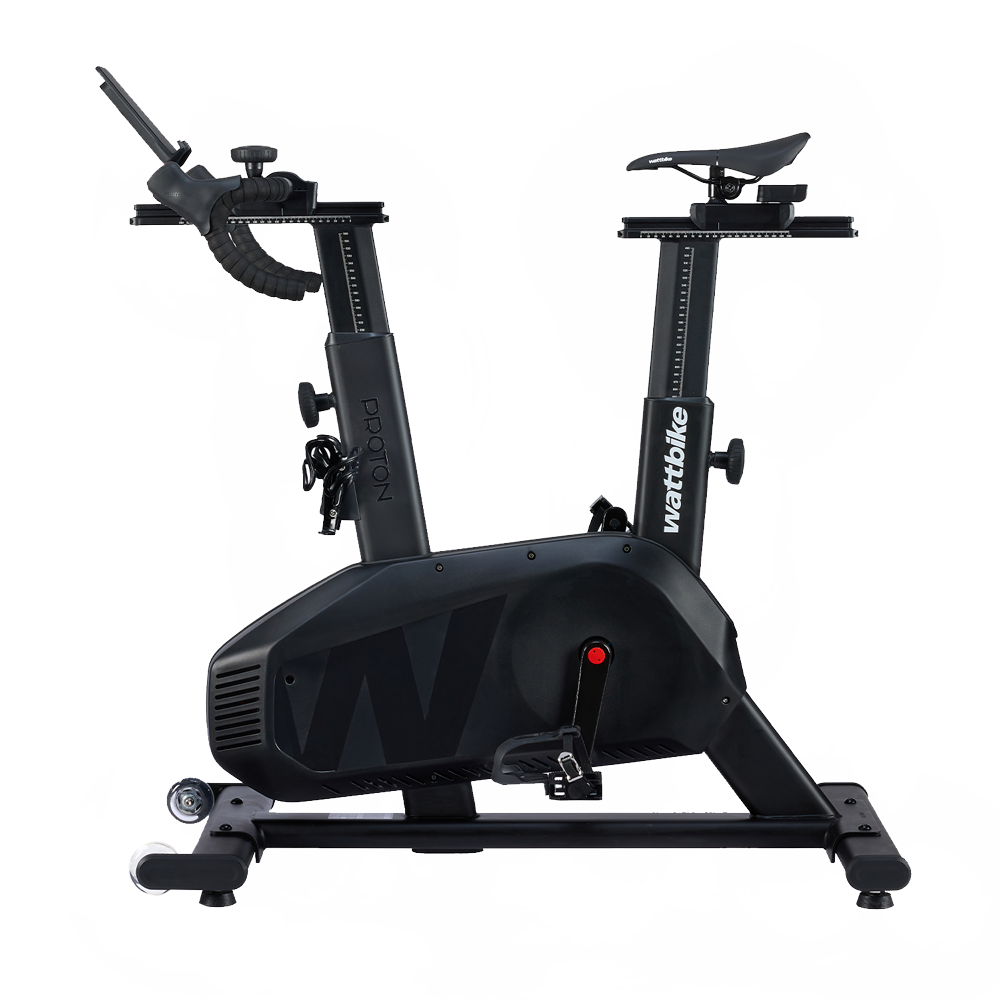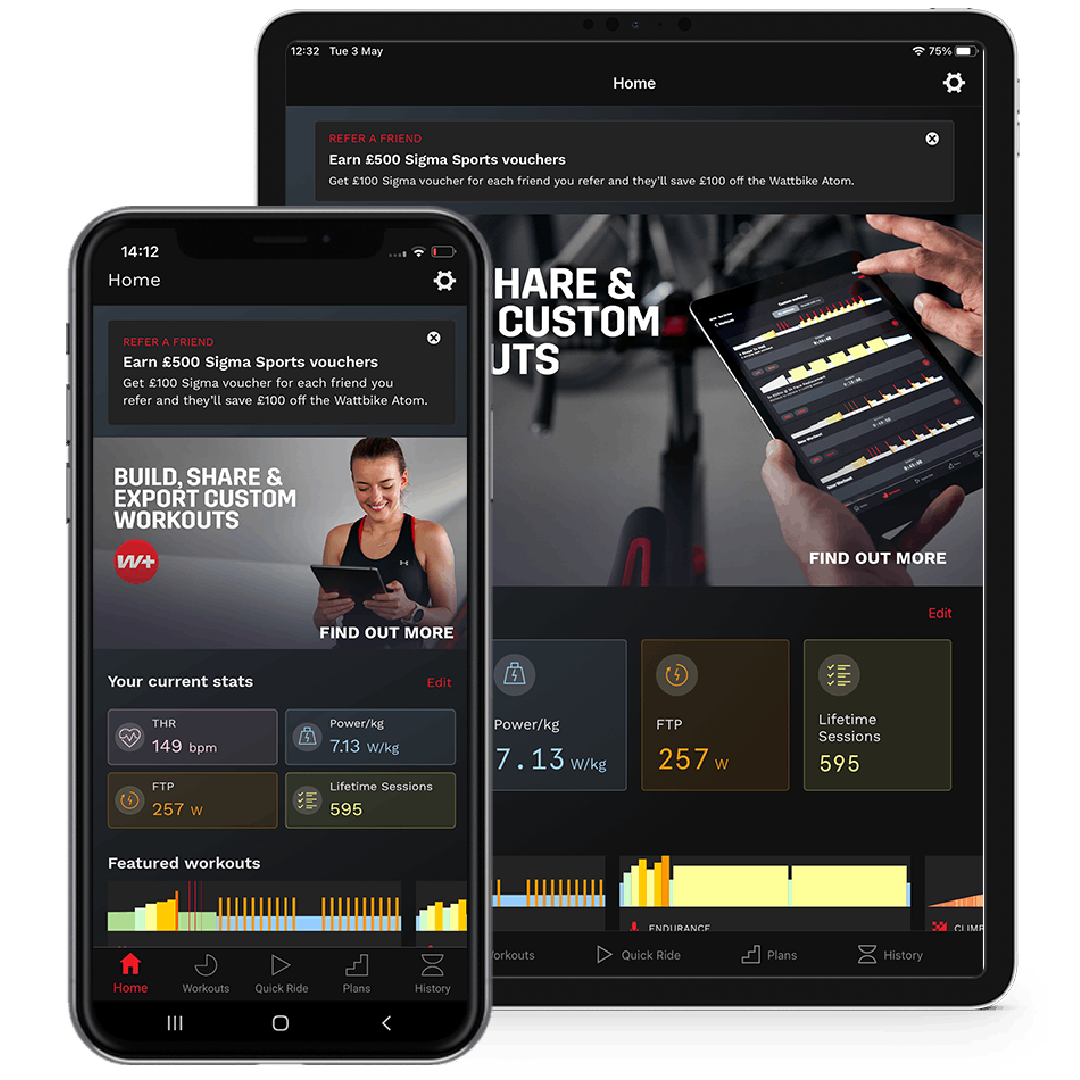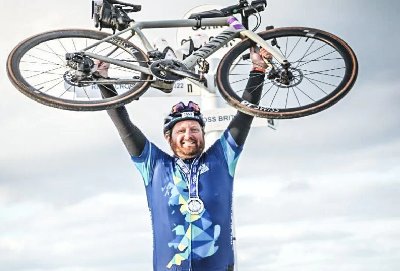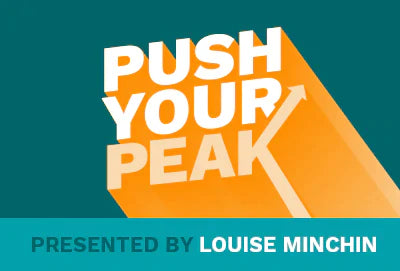Your Cart is Empty
SHOP
TRAINING & APPS
SUPPORT
news & information
How to sleep your way to better cycling performance
October 31, 2019 2 min read
There’s no denying we’re unable to perform at our best after a bad night’s sleep, but how long should you be really hitting the hay for?

A recent study published in theMedicine and Sports and Sports and Exercise journalclaims that getting a few extra hours of kip can actually help maintain endurance performance when compared with the effectiveness of the typically recommended 7-9 hours.
The effects of having little sleep are well researched, and it’s proven that a lack of rest can lead to a number of problems, such as depression, heart disease and weight gain. However, the effects of athletes having little sleep go even deeper, with the smallest amount of low quality sleep impacting performance in a similar way to alcohol - diminishing concentration and reaction times. Lack of sleep has also been linked to increased levels of cortisol (commonly referred to as the stress hormone) and inhibits the production of glycogen and carbohydrates, which both provide the body with critical energy.
In the aforementioned study, it was found that cyclists that extended their sleep time by 30 minutes improved their 60-minute time trial performance by 3%. Going a step further than that, astudy by the Stanford University Basketball teamfound that when players increased their sleep time by two hours, their speed improved by 5%.
Therefore, authorities such as the National Sleep Foundation recommend that when training or preparing for an event, athletes adjust their sleep intake from the standard recommended amount to anything up to 10 hours.
HOW TO GET MORE SLEEP:
-Introduce a regular sleep schedule into your day to day by developing a routine where you do the same things before bed. Avoid using digital devices for an hour before bed if you can.
-Sleep at an optimal temperature. Sleep is induced and sustained when the body temperature is lower. Around 15 degrees is optimal.
-Don’t exercise too close to bedtime as this will increase your body temperature.
-Avoid caffeine and alcohol. Caffeine has a half-life which will stay in your system for a number of hours, and alcohol has been shown to reduce your sleep quality and amount of REM sleep.
STILL STRUGGLING?
- Take a nap. If you’re struggling to get your head down at night, supplement your sleep with a nap, but make sure you limit it to no longer than 30 minutes to avoid feeling groggy straight after. Napping earlier in the day is preferable. When you’re scheduling in some quality nap time, think of it as an extension of the previous night’s sleep as opposed to taking away from the next evening. If you can’t nap, don’t stress - you’ll still have utilised the time as an adequate period of rest!
Also in Health Hub

The Wattbike Healthspan Check: The Simple Way to Monitor Health and Track Improvement
September 17, 2025 2 min read
Discover how the new Wattbike Healthspan Check helps you understand your fitness and long-term health in just 6 to 12 minutes. Backed by VO₂ Max science and available in the Wattbike Hub app, it delivers a personalised Healthspan Score plus tailored training plans to keep you improving over time.

Getting fit by 40 with Simon Hooper
August 12, 2022 1 min read
Earlier this year, keen cyclist and influencer @Father_of_Daughters, aka Simon Hooper, upgraded his indoor training set up from aturbo trainerto theWattbike Atomsmart bike to hit one specific goal...to be the fittest he’s ever been before he turns 40.

Ways to Fuel Yourself Before & During a Wattbike Session
January 12, 2022 5 min read
In association with Clif Bar. Whatever you want to achieve, the food you eat has a significant role. Getting it right can supercharge you towards where you want to be, make training more enjoyable and lead to a healthier you.
Read MoreSign up to get the latest
Be the first to hear about Wattbike news, offers and more.









